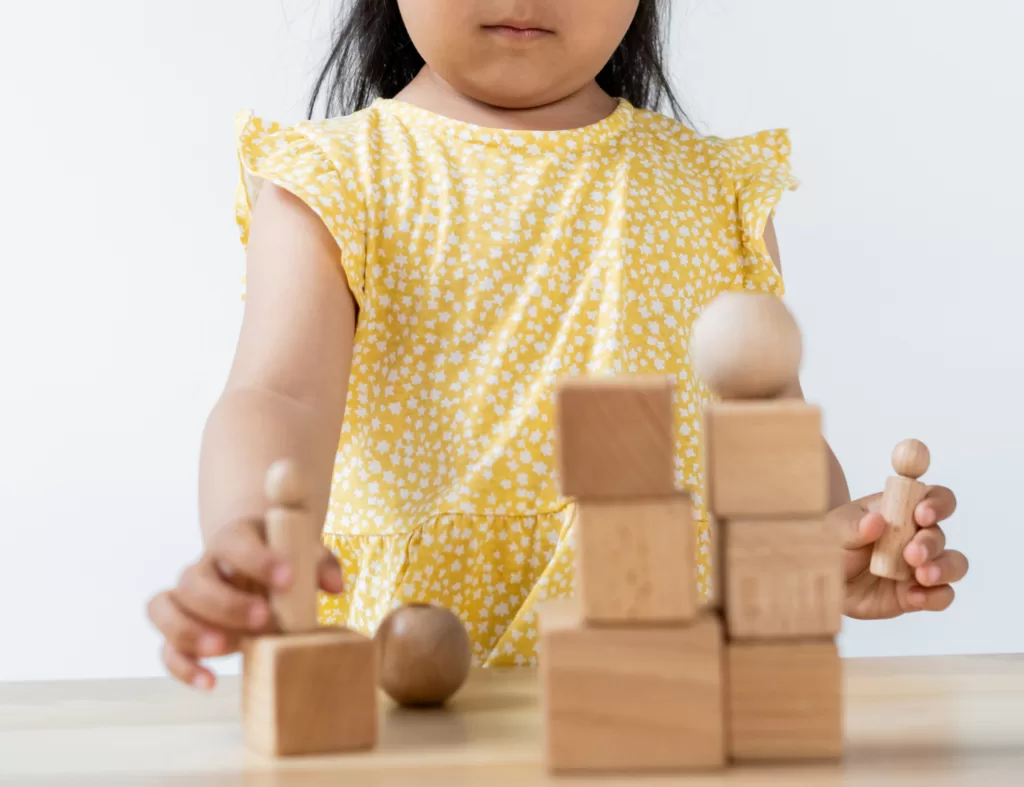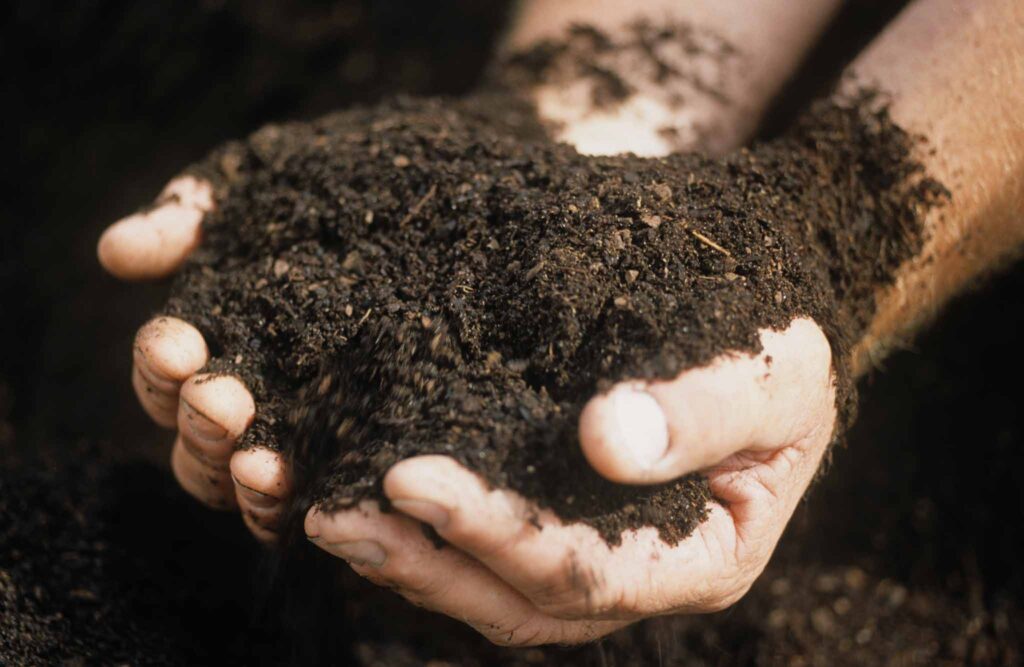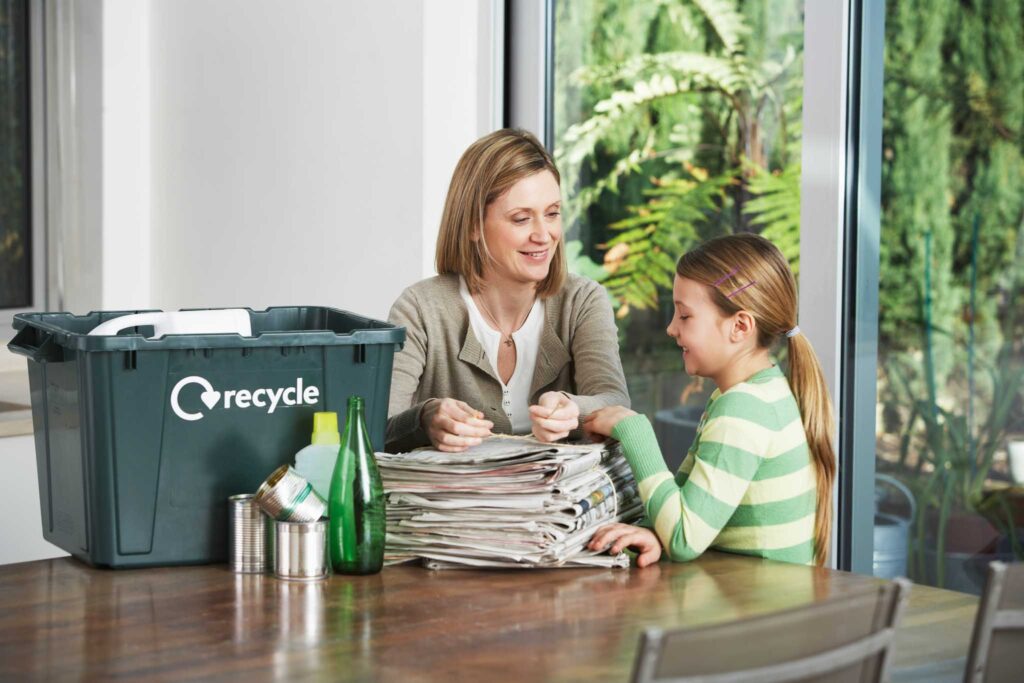The Best Eco-Friendly Fabric Softeners
Estimated reading time: 11 minutes
Want to know how to make your clothes softer and beat laundry static without using traditional, chemical-laden dryer sheets or liquid softeners? You’ve come to the right place! Many earth-friendly fabric softener alternatives are now available, and finding one that fits your home sustainability needs is easier than ever. Read on to discover the best green fabric softeners for eco-friendly laundry practices.
Jump Ahead:
Eco-Friendly Fabric Softener Recommendations
What’s Wrong With Traditional Fabric Softeners?
Alternatives to Fabric Softeners
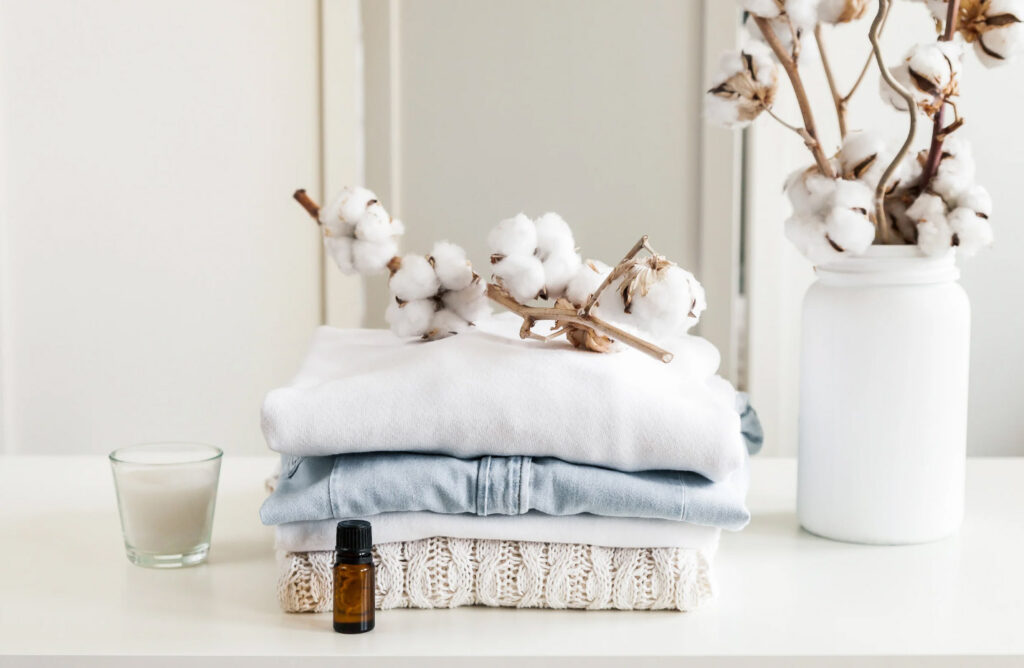
What’s Wrong With Traditional fabric softeners?
Your Health & the Environment
Sure, dryer sheets are good at what they do – soften your laundry and eliminate pesky static. But since you throw them away after a single use, they’re not screaming sustainability, are they? Made from either cellulose or polyester, combined with various chemicals, they cannot be recycled and are therefore destined for landfill. And, as we all know, polyester is made from plastics, which don’t fully break down and contribute to the microplastics that are now even being found in our bodies, including our blood!
Liquid fabric softeners aren’t any better. Not only do they come in big jugs that are likely made with virgin plastic and aren’t all recyclable, but they, like dryer sheets, contain harsh chemicals.
Harmful Ingredients
The most concerning ingredients in fabric softeners are quarternary ammonium compounds (Quats), fragrance, preservatives, and colorants. Some Quats are known to trigger asthma and may be harmful to the reproductive system. Many fragrances come with phthalates, which can damage the liver, kidneys, lungs, and reproductive system. The artificial colorant commonly used in fabric softeners D&C Violet 2, has been linked to cancer.
Aside from the obvious environmental concerns and health concerns regarding fabric softeners, there are even more reasons to avoid this product. Since we use these products in the wash, the chemicals they contain end up contaminating water systems and causing harm to marine life as well. And, can you believe that some softeners still contain animal-derived ingredients and may be tested on our fluffy friends?!
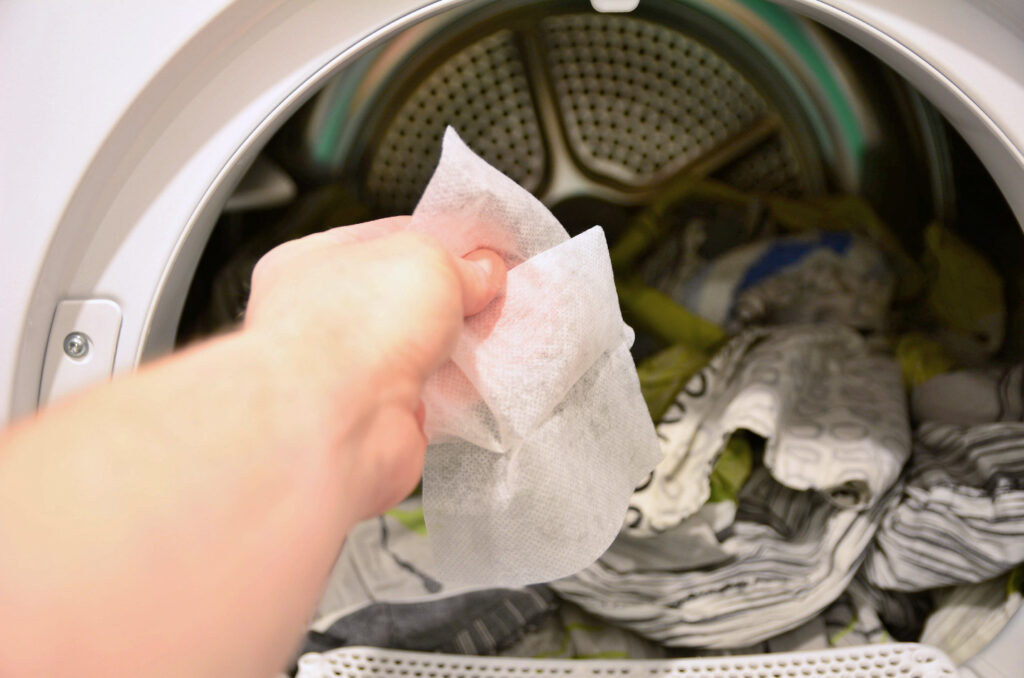
The Cost to Your Clothing
Although on a case-by-case basis, fabric softeners will make your clothes snuggly and help avoid pesky static; they can harm your clothing over time. Because they lightly coat your fabrics with a waxy layer (that releases these toxins onto your skin all day!), they lessen the fabric’s ability to absorb water and detergent over time. This can lead to odors becoming trapped in your clothing, tempting you to rewash them (certainly not helping us reduce our water use!)
First, it must be said that the best eco-friendly fabric softener is no fabric softener, and skipping it is the most sustainable laundry care option. However, if you’re stuck on being soft and static-free, some better, more environmentally friendly fabric softeners are on the market.
Fabric Softener Alternatives
If you’re hoping to avoid purchasing or using traditional fabric softeners but still hoping to acquire that cozy, static-free feeling, you’re in luck! There are more environmentally friendly laundry products and substitutes for fabric softeners, so give them a shot and see what you think!
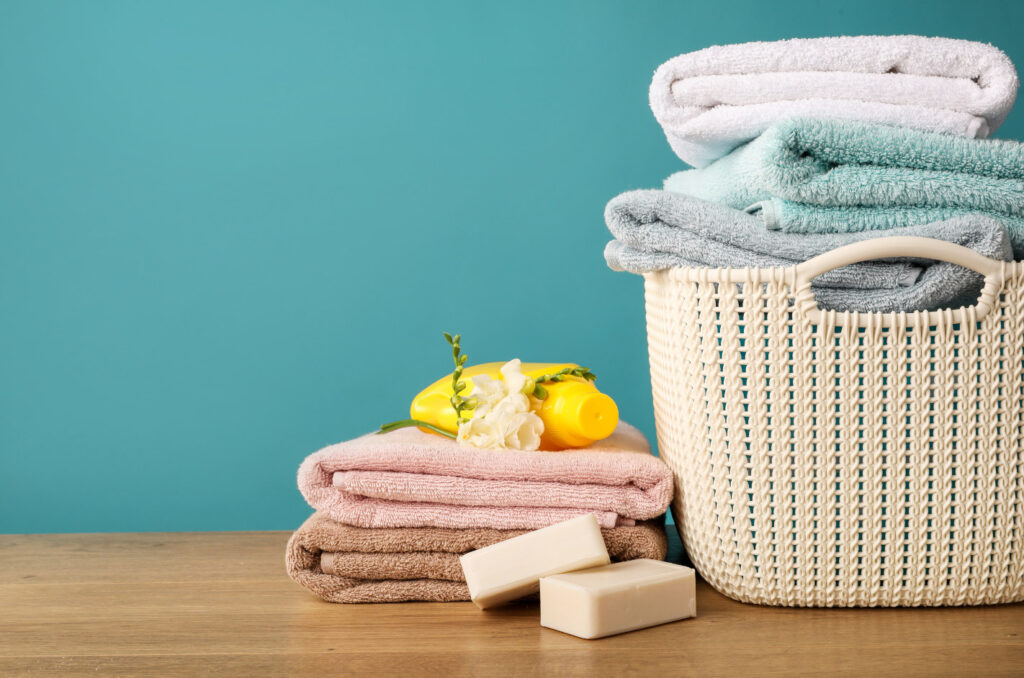
Softening Without Chemials
Believe it or not, you can find fabric softener substitutes in your zero-waste kitchen cupboard! Adding a half cup of baking soda to your wash load to soften the water will make an eco-fabric softener. Another fabric softener replacement is spraying some vinegar on a washcloth and adding it to the dryer – but skip this one with synthetic fabrics.
Another recipe I found combining baking soda and vinegar is as follows: mix two parts warm water and one part baking soda, stir until mixed, and then add one part vinegar. Use one-quarter cup of the mixture in each full wash load for a non-toxic fabric softener.
Dryer Balls
Dryer balls are an excellent eco-friendly and organic fabric softener alternative!
Wool Dryer Balls – Kind Laundry
Made with 100% premium New Zealand wool will soften clothes and reduce static and save energy by shortening the drying time needed!
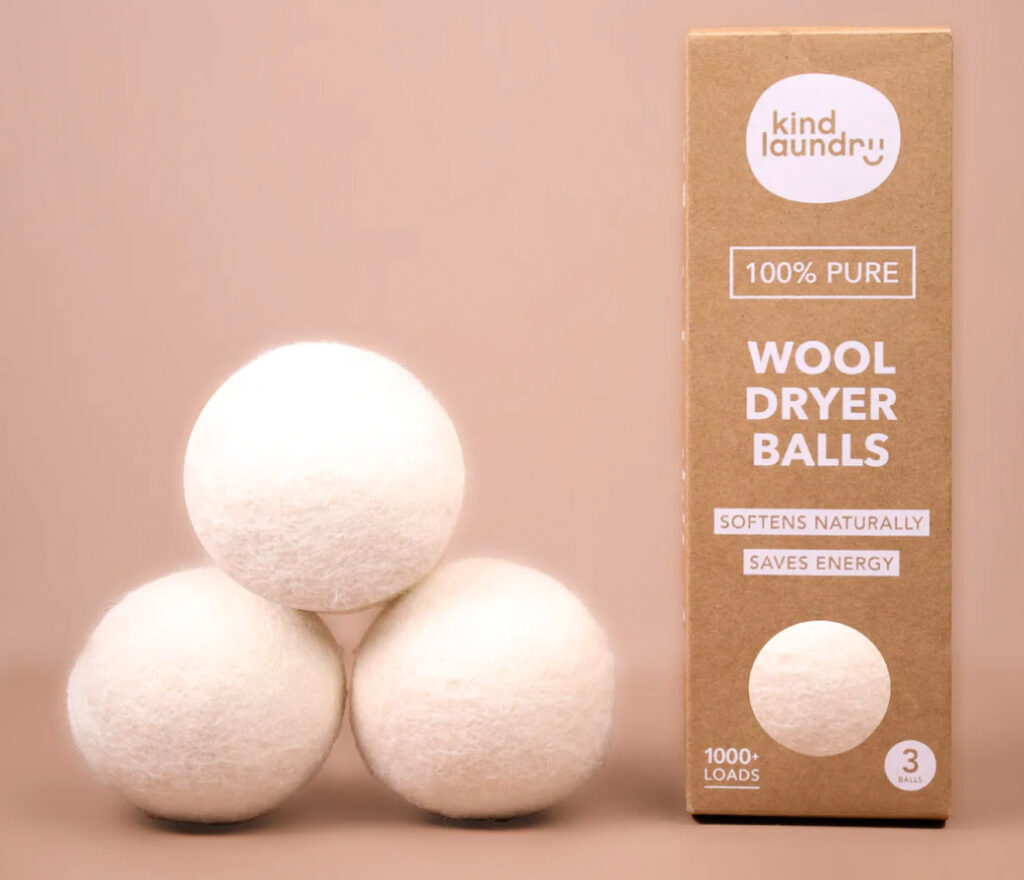
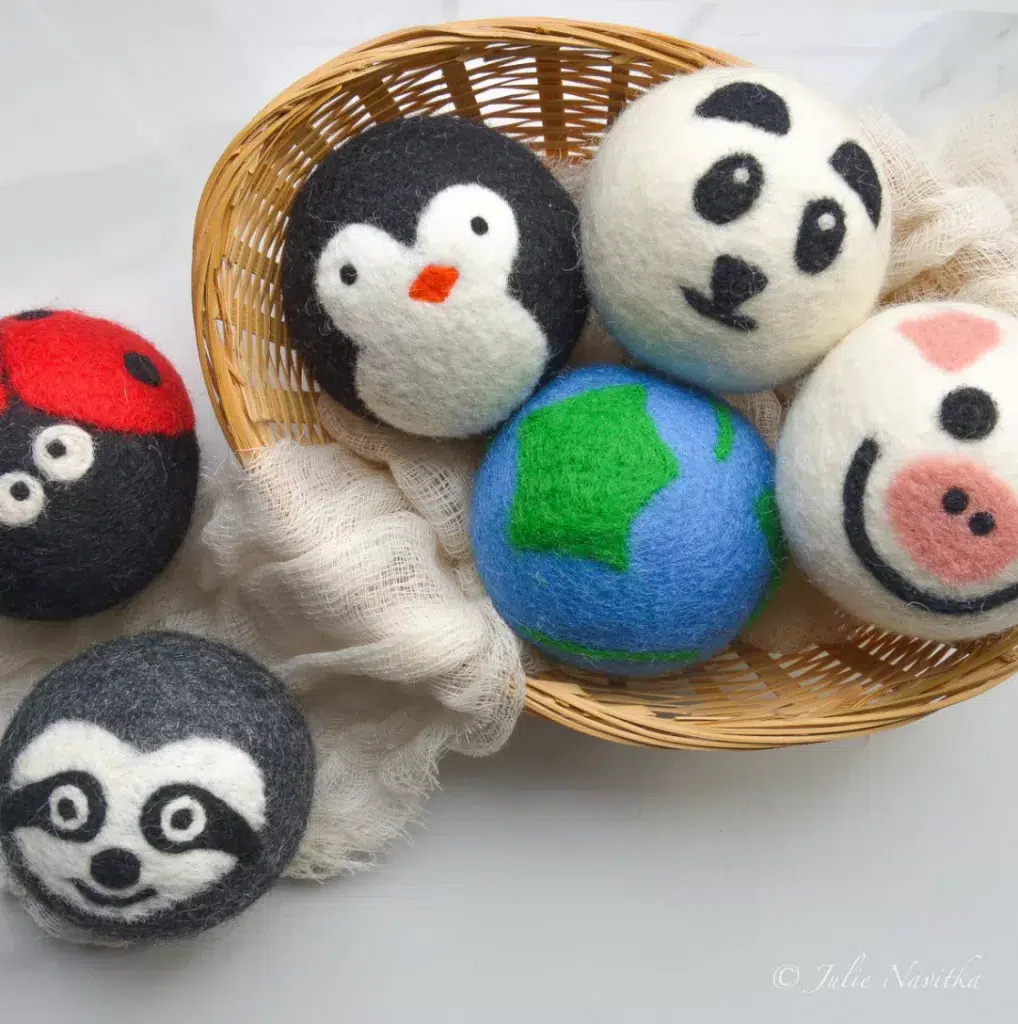
Patterned Wool Dryer Balls – Plastic free pursuit
About this item:
- Naturally soften and fluff your laundry
- Plastic-free
- Chemical-free
- Unscented, non-toxic and hypoallergenic
- Handmade of 100% organic and cruelty-free
Bamboo Dryer Balls – Buddha Bunz
If you’re looking for a vegan alternative to wool softeners, check out these Bamboo Vegan Dryer Balls by Buddha Bunz – handmade in the U.S. from 100% bamboo fiber sourced in North America.
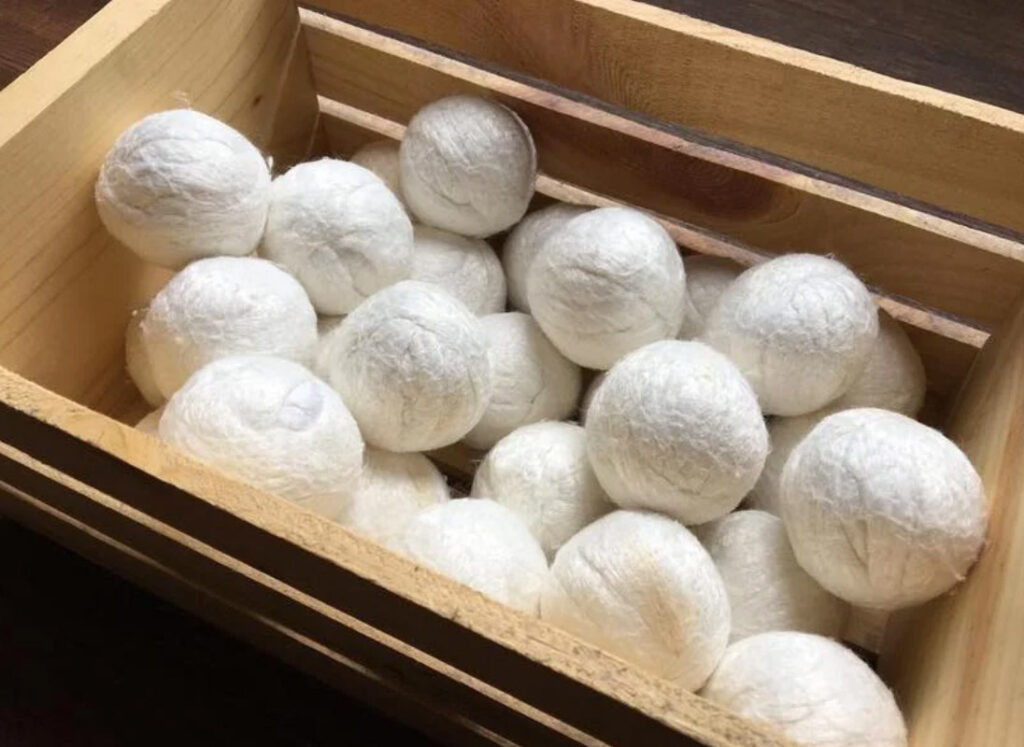
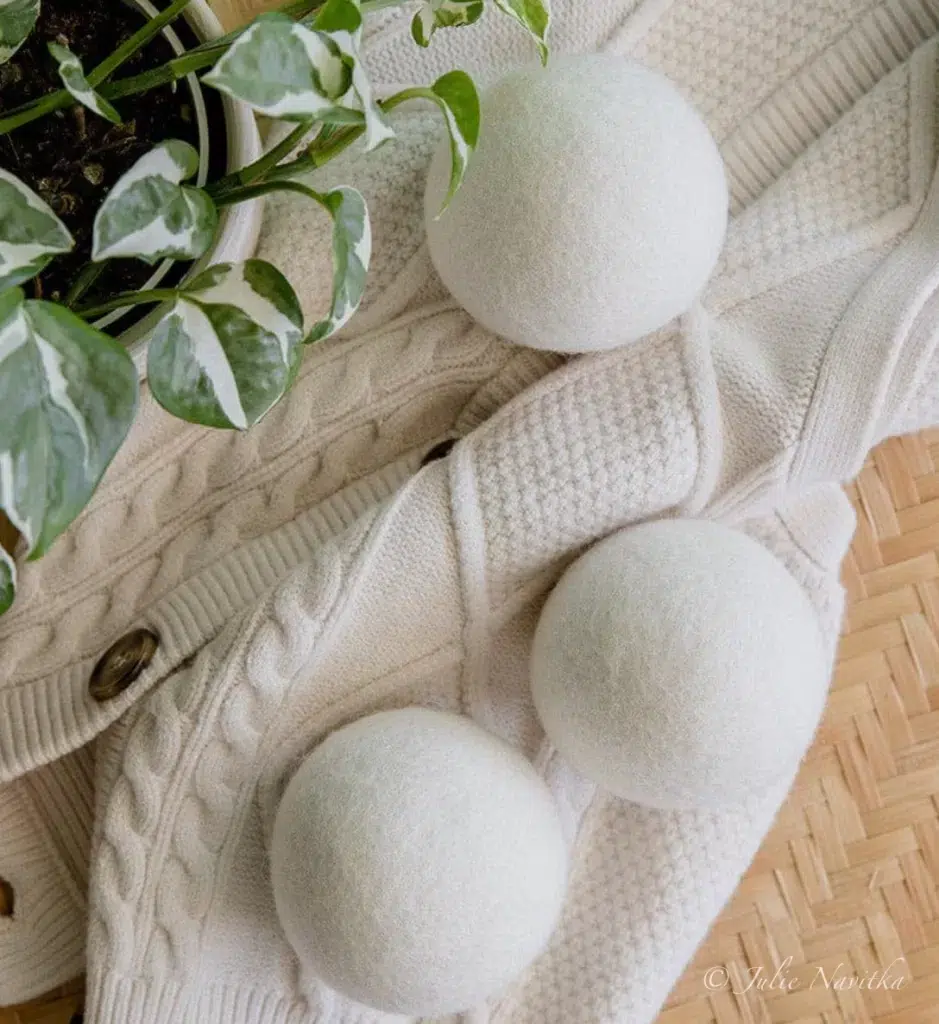
Reusable Wool Dryer Balls – zero waste store
About this item:
- Reusable dryer balls
- Organic wool
- Softens fabrics
- Shipped carbon neutral
Dryer Balls – common good
These 100% pure New Zealand felted wool balls are non-toxic and chemical and plastic-free. They’ll arrive in a box made from 65% PCR card stock and printed with plant-based inks.
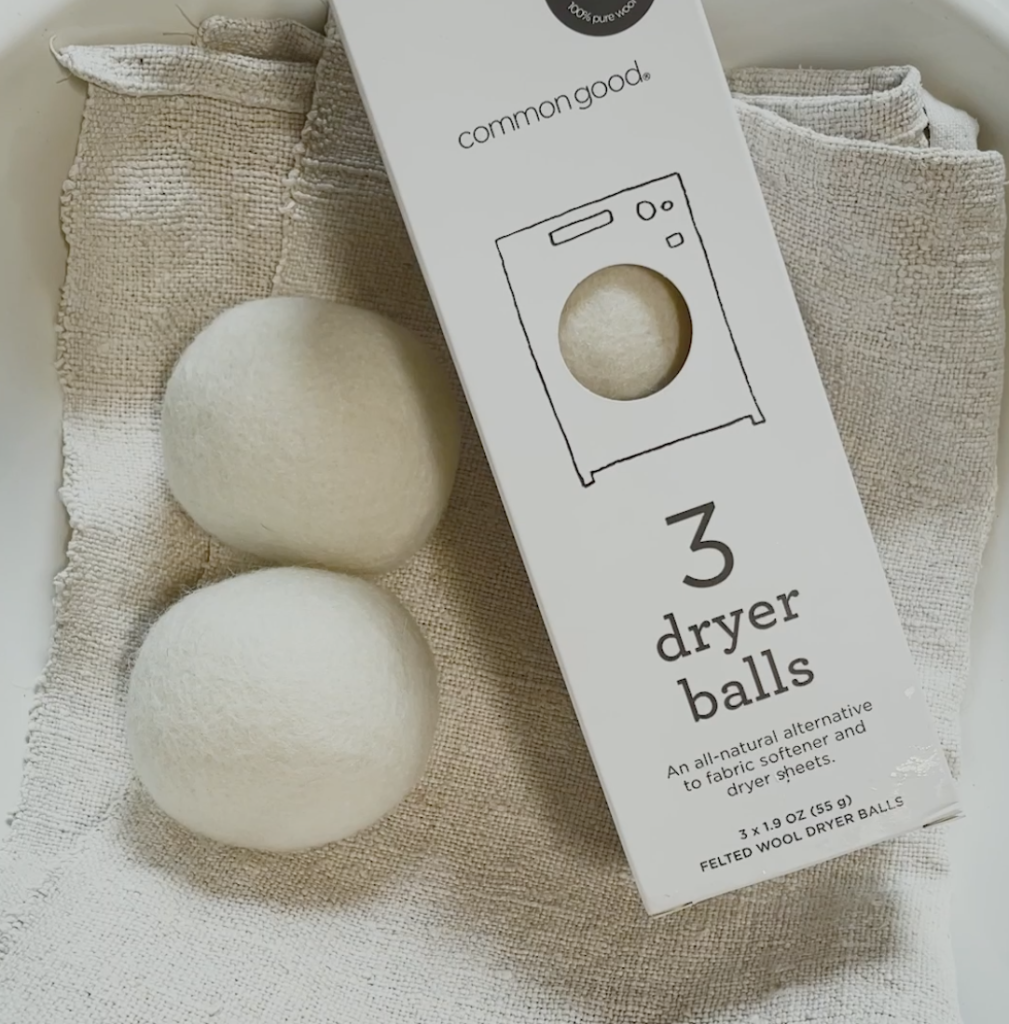
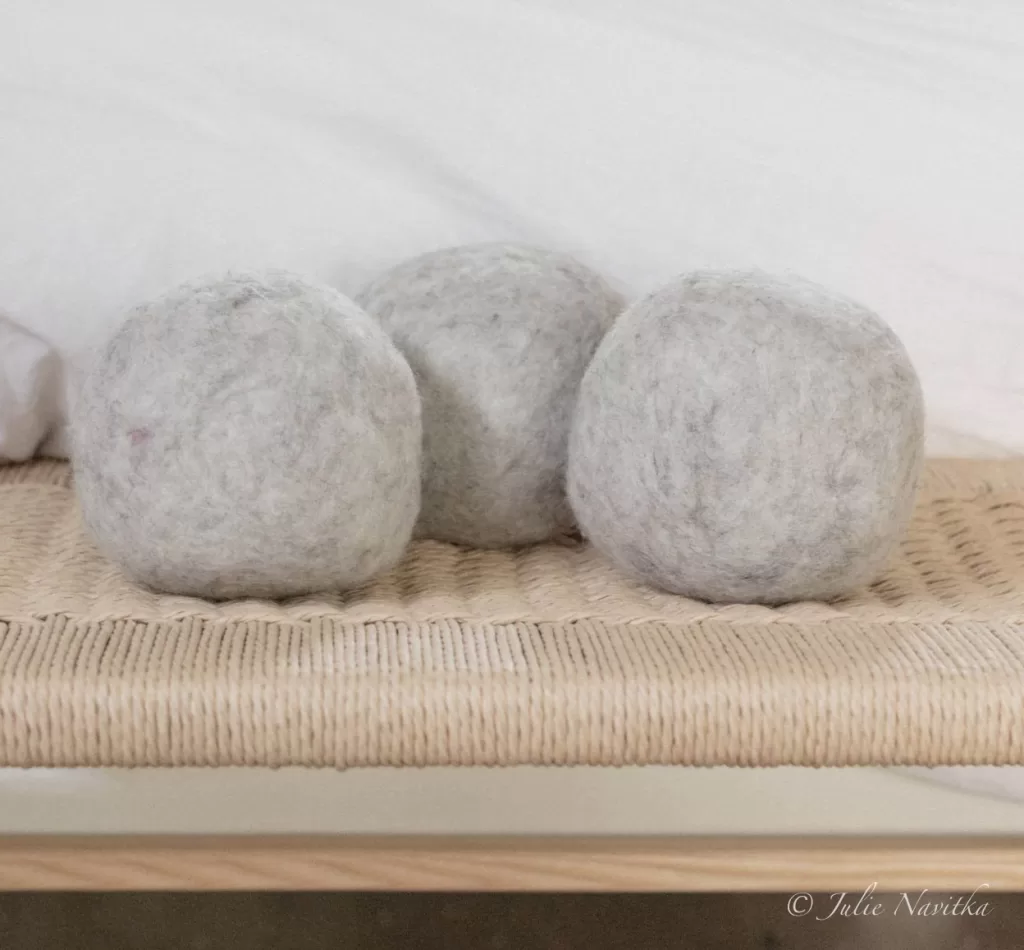
Wool Dryer Balls – good juju
About this item:
- 100% ethically-sourced, premium Canadian wool
- Made of 10% Lanolin
- A natural fabric softener
- Each set lasts a minimum of 100 loads
- Unique, patented design and large size reduces drying time
Smelling Good Without Softener
If you still want that fresh laundry smell and you’re wondering what to use instead of fabric softener, you’ve got options!
- Mix your favorite essential oil with some water and spritz your clothes before washing them.
- Purchase some scented wool dryer balls. Just be on the lookout for those harmful ingredients that can come along with fragrance!
- Be extra eco-friendly and hang your clothes to dry when the weather allows for that fresh air and sunshine scent.
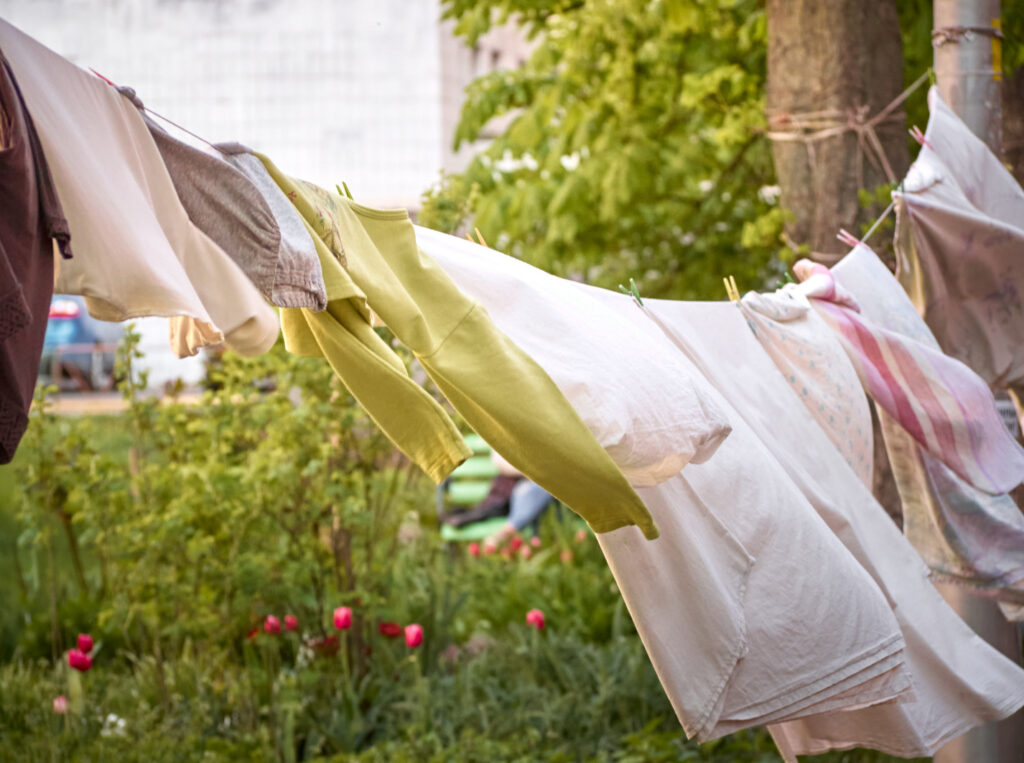
Choosing eco-friendly fabric softeners
Besides avoiding the aforementioned chemicals, you can also look for eco-friendly or sustainable third-party certifications, like EWG-certified products. You can also check the EWG’s website to see how numerous home cleaning products rank by letter score from A-F here. For a more comprehensive list of harmful ingredients that you should look out for in fabric softeners, check out this article.
Also, the best eco-friendly fabric softener is no fabric softener, and skipping it is by far the most sustainable option. However, if you’re stuck on being soft and static-free, there are alternatives to traditional fabric softeners.
Non-toxic & eco-friendly dryer sheets
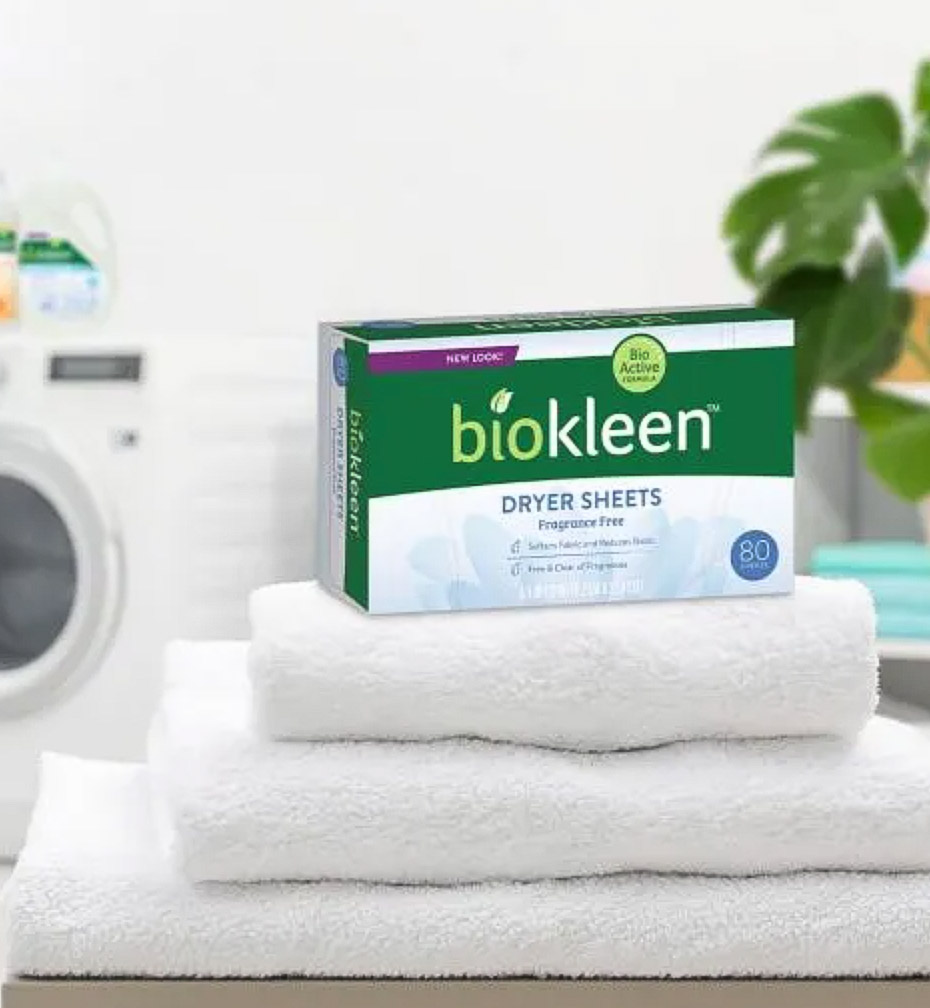
Biokleen Dryer Sheets
These plant-based eco-dryer sheets manufactured in the U.S. will reduce bumps and snags created by static cling. They are never tested on animals, and these chemical-free dryer sheets contain no Phosphates, Chlorine, Ammonia, Petroleum Solvents, Brighteners, Artificial Colors, or Artificial Fragrances. They are available in citrus, lavender, and unscented fabric softener sheets.
best fabric softener for sensitive skin
Baby Fabric Softener by Attitude
Who has more sensitive skin than a baby? This baby-safe and fragrance-free fabric softener is dermatologically tested, biodegradable, vegan, cruelty-free, and gentle on your skin and the planet. Not only is this eco-friendly fabric softener made with clean ingredients and packaged in a refillable aluminum bottle, but one tree is planted for each product sold!
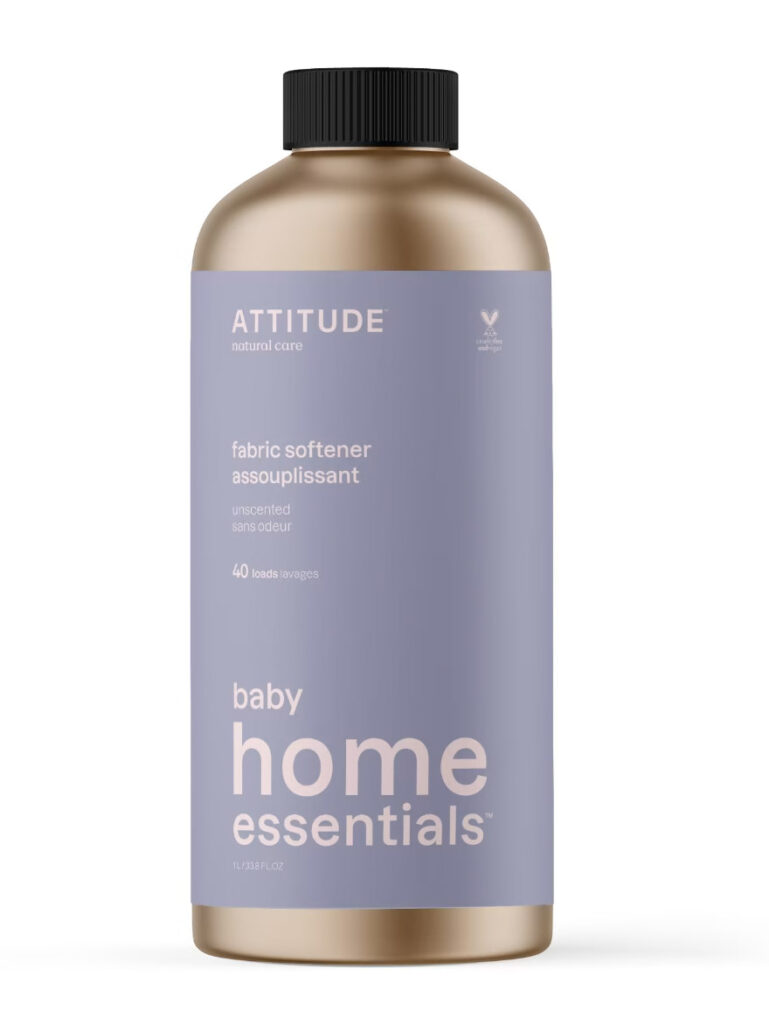
Best Fabric Softener Pods
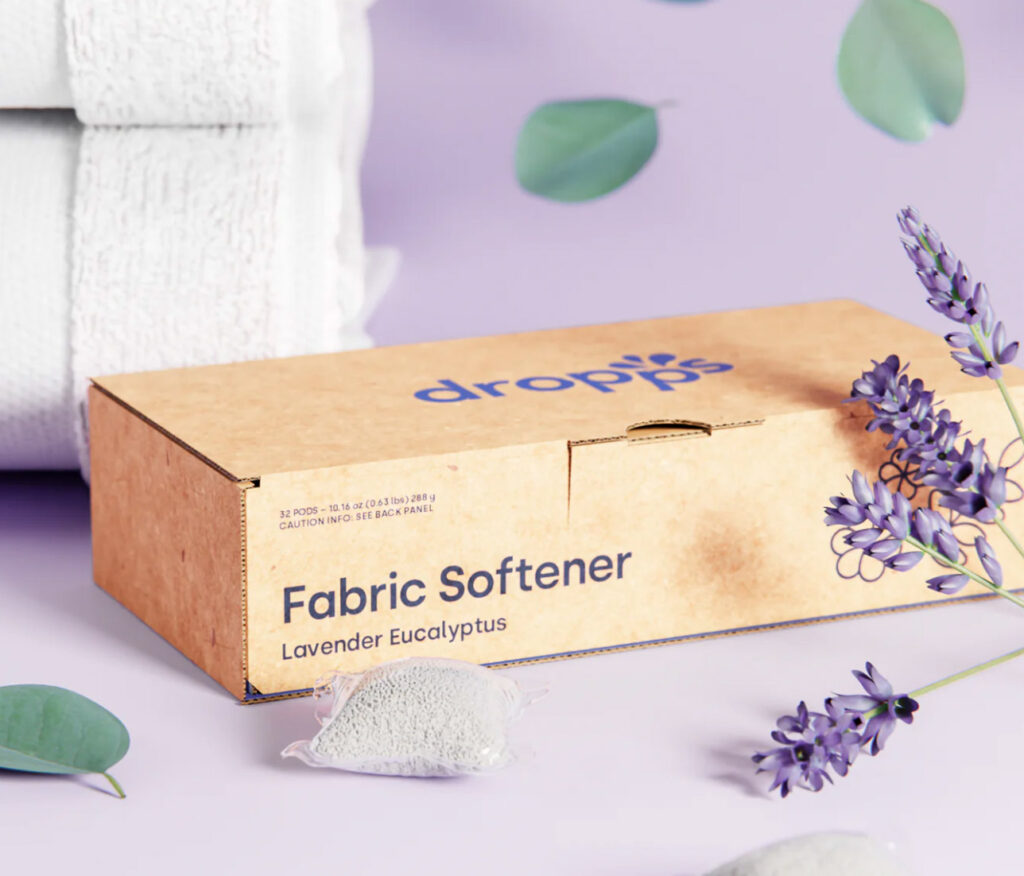
Dropps Fabric Softener
These fabric softener pods are manufactured in the U.S., cruelty-free and vegan, and third-party lab tested. Made with natural and mineral-based fabric softener ingredients, they are packaged in recyclable cardboard and shipped 100% carbon neutral. Available in six different scents (including fragrance-free), these might also be the best-smelling fabric softener on the list!
Best Compostable & Biodegradable dryer sheets
Fabric Softener Sheets by Public Goods
These hypoallergenic dryer sheets are made entirely from plants with zero harsh chemicals on your skin or air. Using fabric softener without fragrance aids with allergies, and these sheets have the bonus of being gluten-free, phosphate-free, and compostable!
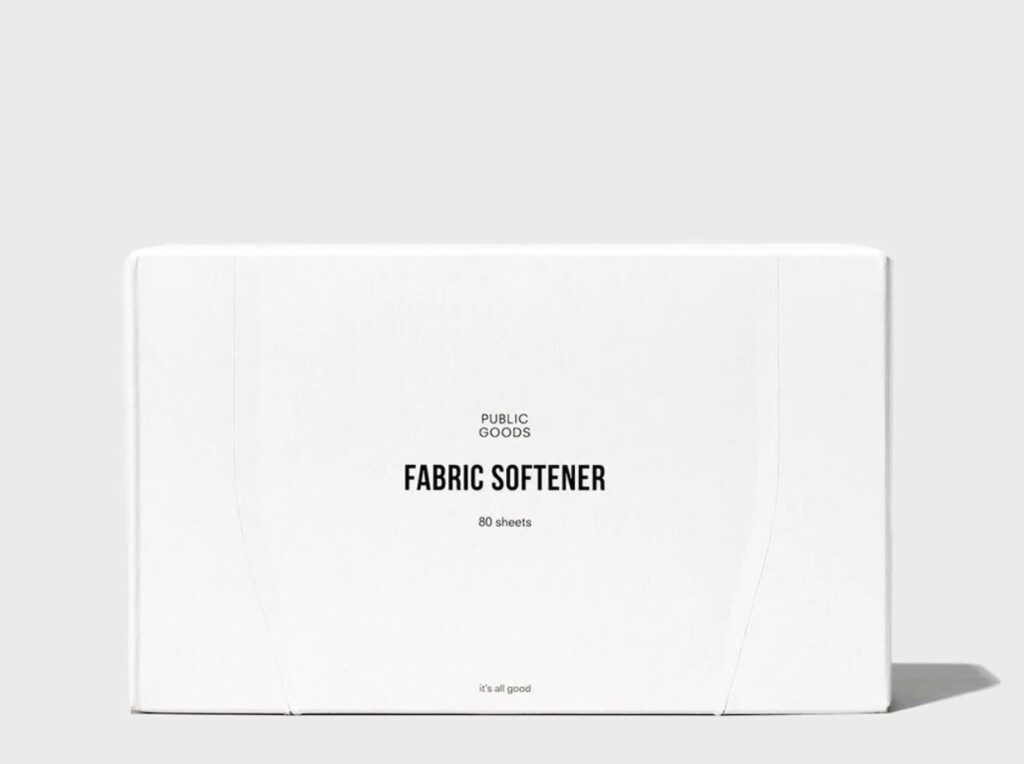
Best Plant-Based fabric softener
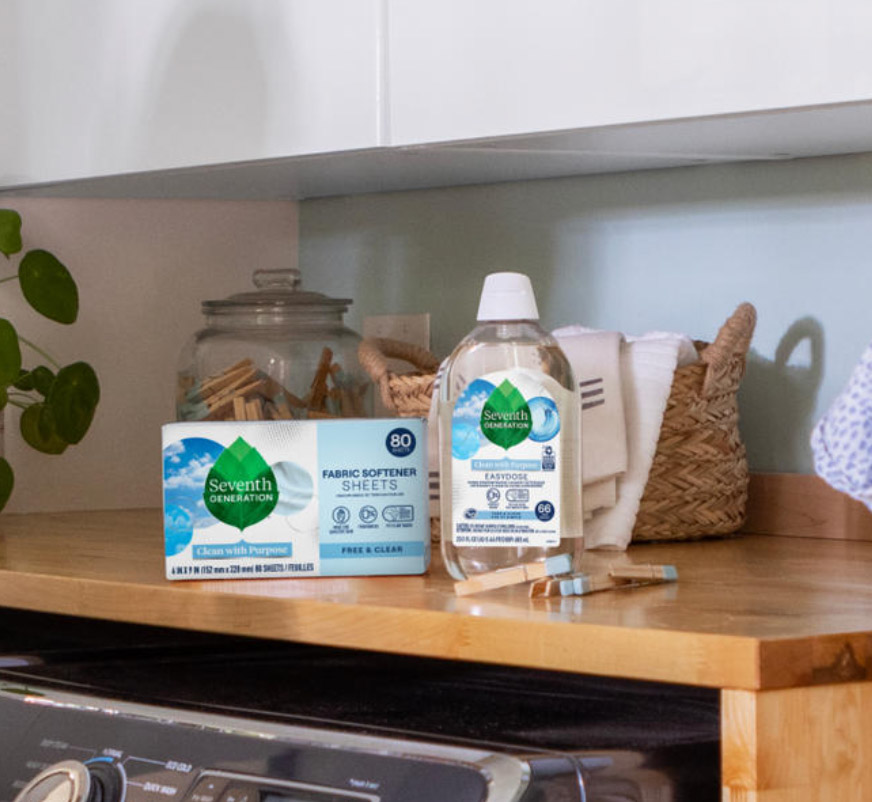
Fabric Softener Sheets by Seventh Generation
This all-natural fabric softener is a 97% USDA Certified Biobased Product and Leaping Bunny certified. These dryer sheets are a fantastic choice of plant-based fabric softener that is dermatologist-tested and fragrance-free. They are also available in three scented options, making them one of the best smelling environmentally friendly fabric softeners on the market.
Septic-safe Fabric softener
Fabric Softener by Ecover
This liquid fabric softener comes in a 100% PCR plastic bottle and is safe for septic systems. Made with plant-based ingredients and Leaping Bunny certified, it’s available in three clean and gentle fragrances – Apple Blossom & Almond, Gardenia & Vanilla, and Rose & Bergamot.
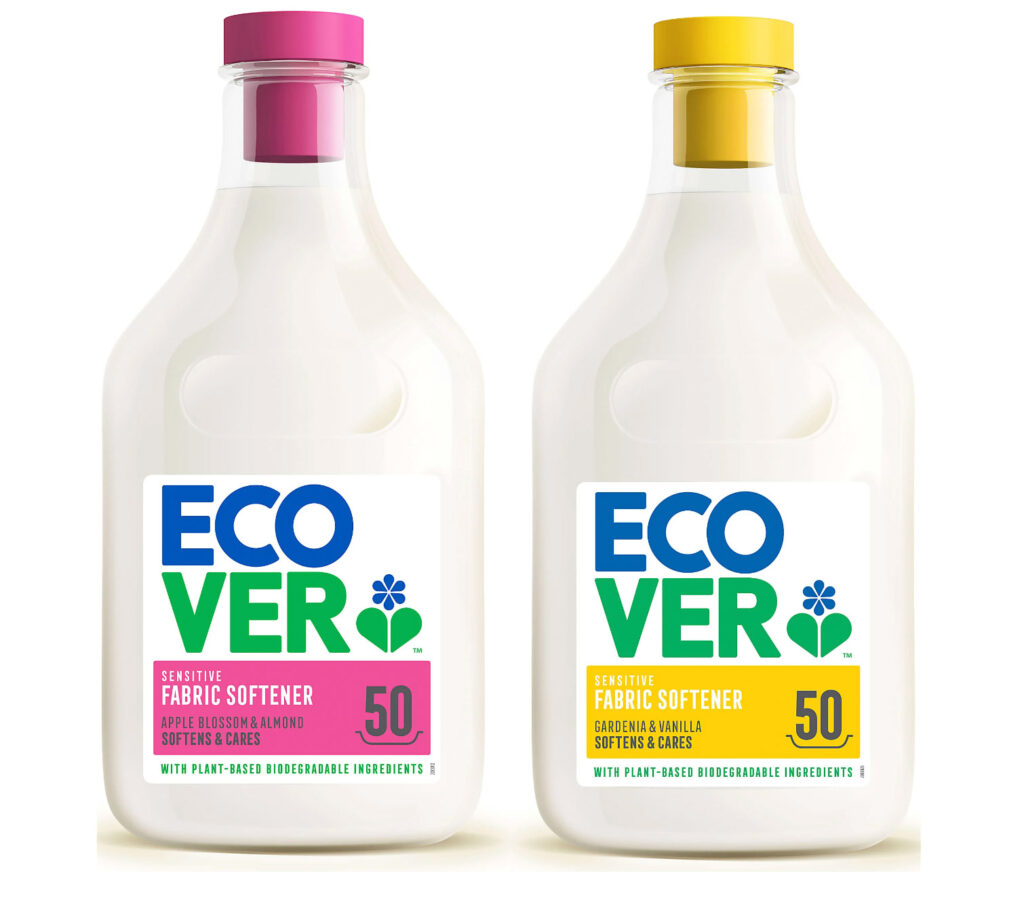
While we’re at it
If you want to get the most out of your dryer sheets, there are many other uses for fabric softener! Part of sustainability means using products for maximum efficiency and minimalism to cut back on purchased items. Cleaning stubborn food off cookware and rubbing deodorant marks from clothing are just a few ways to reuse dryer sheets. Find more uses for them in this article.
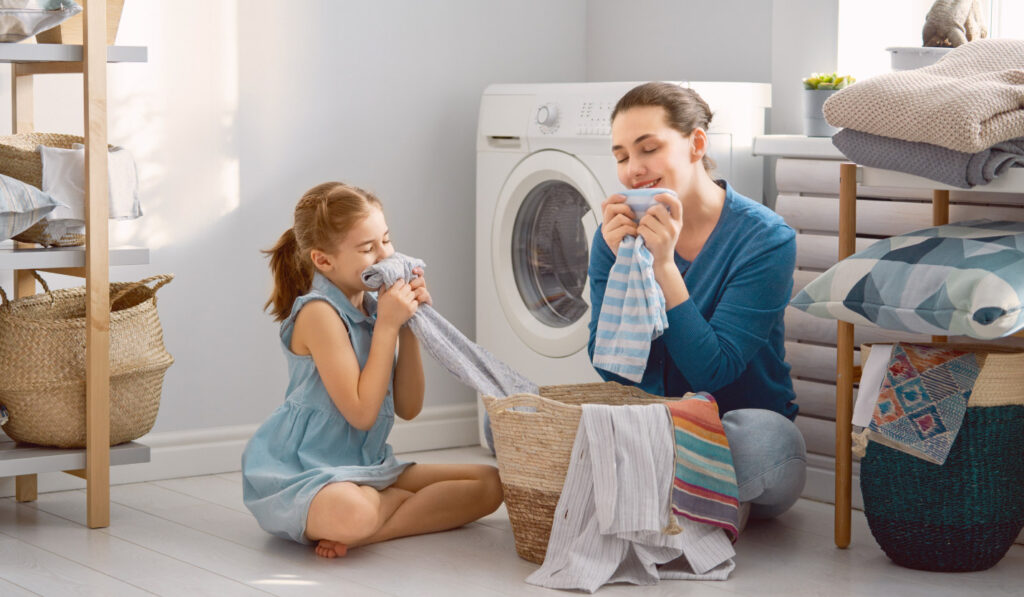
Final Thoughts
If we’re being honest, the best natural fabric softening agent is none at all. However, you can still feel good about your eco-conscious laundry routine with any of the fabric softener alternatives or eco-friendly fabric softeners in this article!
Remember, every journey must begin with a single step, and your path to a more sustainable lifestyle is no different.
All products recommended to you on Successfully Sustainable are independently researched in depth. To avoid waste and lead a minimal lifestyle, we test products only when required. This post contains affiliate links. If you buy something through our links, we may earn a small commission. Learn more about this here.


